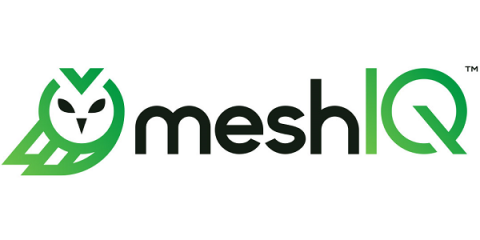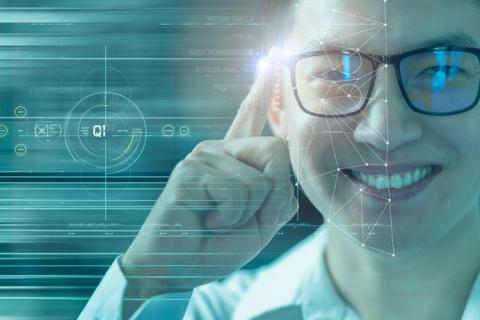How Does Machine Learning Work?
In this era, machine learning is important. Machine learning helps in business Management operations and understanding customer behaviors. It also helps in the development of new products. Every leading company is shifting towards machine learning. Companies like Amazon, Facebook, Google, and of course Nastel Technologies, prioritize machine learning as their central part. Let’s see how machine learning works.



